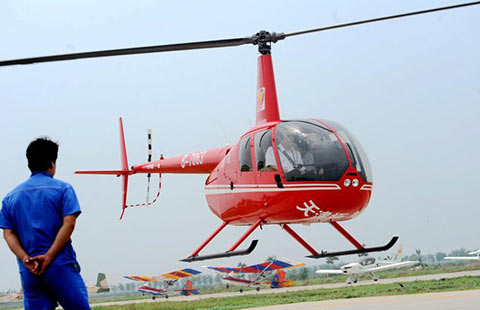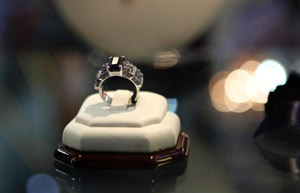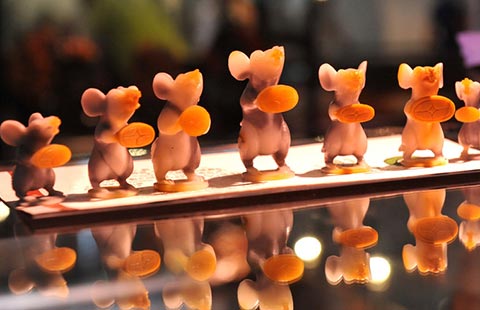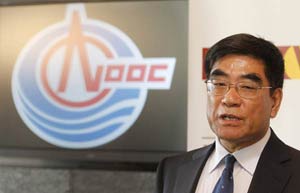Finding the right work-life balance
By Bloomberg (China Daily) Updated: 2014-07-14 07:02It has since amassed minority holdings in companies including Folli Follie SA, a Greek retailer of jewelry and handbags, and German private bank BHF-Bank AG.
Last December, it raised the stakes further. Fosun paid $725 million to buy 1 Chase Manhattan Plaza, the largest purchase of a New York building by a Chinese buyer. In January it acquired 80 percent of the insurance unit of Portugal's Caixa Geral de Depositos SA for 1 billion euros - beating US buyout firm Apollo Management International LLP.
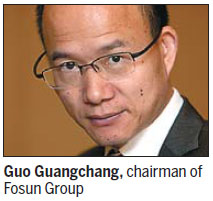
In Guo's latest foray, Fosun is working on an 8-billion-euro commercial real estate project near Athens.
Fosun plans to at least double its assets in the next five years and is on the lookout for healthcare, tourism and fashion acquisitions in the US and Europe, Guo said.
Prospective investments abroad typically have a Chinese angle, according to Guo, such as acquiring a brand that can be introduced on the mainland or expertise that can be brought to serve China's growing middle class.
Replicating Buffett's success may be a tall order. The sheer diversity of Fosun's businesses will probably work against Guo's attempts to achieve scale, said Joel Backaler, the author of China Goes West: Everything You Need to Know About Chinese Companies Going Global.
"At the individual business unit level, each one has potential to do quite well overseas, but when you look at it in the aggregate, the amount of balancing and the portfolio approach to managing their business requires sophistication and experience that Fosun doesn't currently possess," he says.
To Guo, it all comes down to balance: expanding Fosun quickly, but not too quickly. To that end, he's turned to taichi, the ancient Chinese martial art whose practitioners seek to achieve harmony between the opposing forces of yin and yang.
"Keeping the balance of fast growing and smooth growing is always important," says Guo. "It's almost an art."
- First private flying club draws crowds in Tianjin
- Making capital from the early investments
- TMT companies tap niche ADR route for long-term benefits
- Baidu big winner in World Cup
- Innovation to keep carmakers ticking
- Top 10 dairy companies in the world
- Luxury car sales keep foot on accelerator
- BRICS seeks new paths to develop
